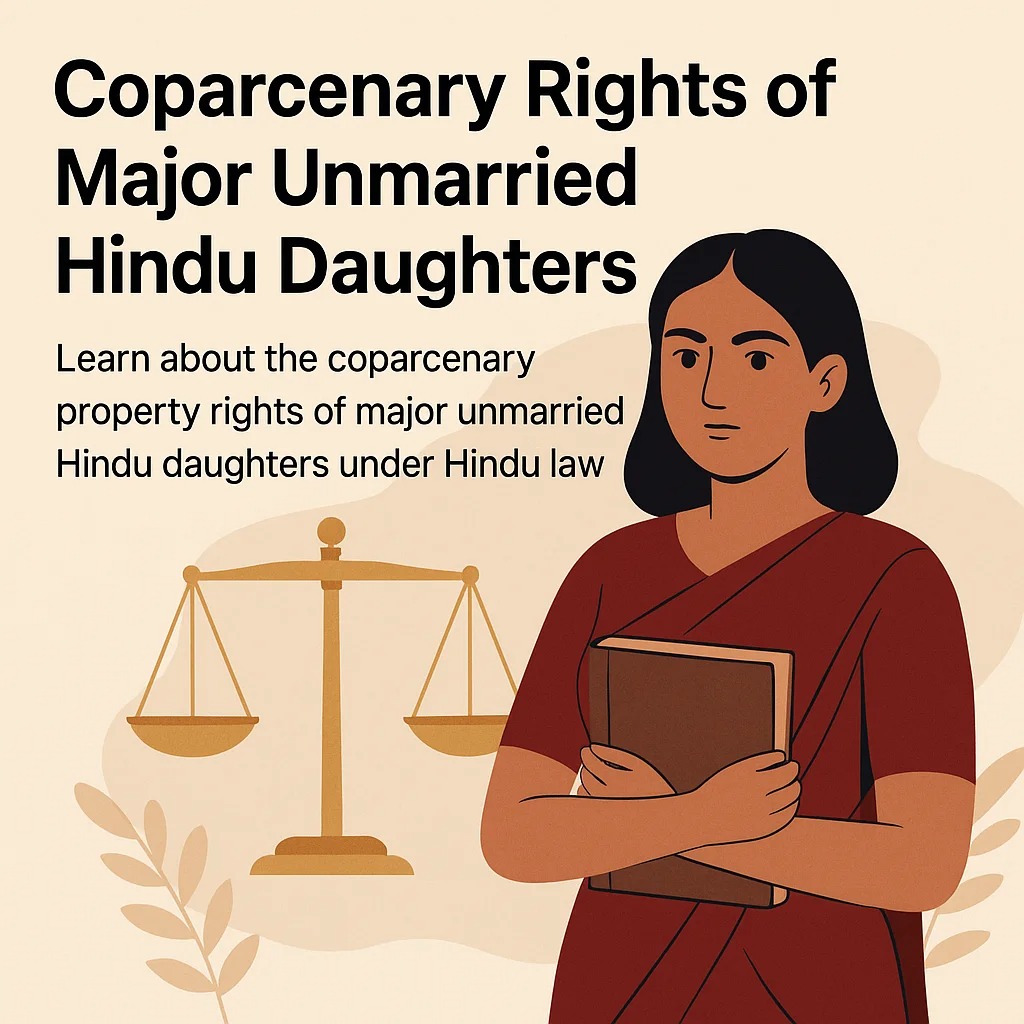Gurusharan Sharma, J.@mdashClaimant-appellant being aggrieved and dissatisfied with the judgment dated 15.3.1999 passed by 6th Additional Judicial Commissioner-cum-Motor Accidents Claims Tribunal, Ranchi in Compensation Case No. 52 of 1993, awarding Rs. 1,50,000 as compensation, has filed this appeal for enhancement of the compensation amount.
2. On 25.1.1993, the appellant along with her husband, Jayant Dhaul was going from Ranchi to Ramgarh on trekker (BR 14-P 4770), which was dashed by a truck (OSC 4765), coming from the opposite direction, which was being driven in a most rash and negligent manner. It caused serious injuries to the occupants of the trekker, including her husband and he died, she also sustained injuries.
3. She filed Compensation Case No. 52 of 1993 for grant of compensation under the provisions of Motor Vehicles Act, 1988 (hereinafter to be referred to as ''the Act'') stating inter alia that her husband, late Jay-ant Dhaul was aged about 33 years and was an engineer, graduated from BIT Mesra, Ranchi and was running a factory ''J.D. Industries'' in Ramgarh Industrial Area and his earning was Rs. 20,000 per month. She claimed compensation of Rs. 50,00,000 on account of death of her husband. Altogether six compensation cases were filed, arising out of the said accident and were heard and disposed of together by a common judgment.
4. The insurer of the two vehicles filed their written statements, but they did not deny the accident and also admitted that both vehicles involved in the accident were insured.
5. The claimant examined herself as an eyewitness of the occurrence. In her deposition she stated that her husband was an engineer and was running a factory, namely, J.D. Industries at Ramgarh. His income was Rs. 20,000 per month and he was an income tax assessee. F.I.R., charge-sheet and post-mortem report were marked as Exhs. 3, 4 and 5 respectively, pay-in-slips and some of the bills were also adduced in evidence by her and were marked as Exhs. 6 and 7 series in support of the aforesaid earnings of her deceased husband. The certificate granted by the Acting Registrar, B.I.T. Mesra and the certificate granted by Ranchi Industrial Area Development Authority were also brought on record and were marked as Exhs. 1 and 2 respectively to prove that her husband was running an industry, namely, J.D. Industries.
6. The Claims Tribunal held that driver of the truck was solely responsible for the accident in question and as such Oriental Insurance Co. Ltd., the insurer of the truck has to indemnify the liability of the owner of the truck and pay the compensation amount with interest to the claimant. A lump sum amount of Rs. 1,50,000 was assessed payable as compensation under the Act.
7. The learned Counsel appearing for the appellant submitted that the Tribunal did not consider the evidence on record in its right perspective. The statement of the appellant particularly in paras 22 to 27 were not considered, wherein she stated that her husband''s income was Rs. 20,000. Excluding the expenses incurred in running the business and payments of salary to the employees. Her husband had taken a house on rent at Rs. 3,500 per month and used to pay Rs. 10,000 per month to her for house expenses and further Rs. 2,000 per month for other expenses. He was an income tax assessee. In paras 33 and 34 of her deposition, she stated that after accident she was residing at Nagpur with her brother and she has not remarried. She wanted to live with her in-laws but they did not allow her. In para 51 of her deposition she stated that her father-in-law drove her out from the house. She was not cross-examined by the other side on these statements.
8. The counsel for the appellant further submitted that the Claims Tribunal has not assigned any reason for assessing such a meagre sum of Rs. 1,50,000 payable to her as compensation and it completely failed to adopt the well accepted multiplier method for calculating the compensation, after taking into consideration the age, income/ contribution, further prospects and span of life of the deceased. It was further submitted that in spite of the fact that there was evidence on record to prove that J.D. Industries belonged to her husband and he was earning Rs. 20,000 per month, the Tribunal gravely erred in holding that there was no evidence to establish that the said industry belonged to the husband of the appellant and further that her late husband had income of Rs. 20,000 per month.
9. On the other hand, learned Counsel appearing for Oriental Insurance Co. Ltd., i.e., insurer of the offending vehicle has contended that the Claims Tribunal was perfectly justified in holding that there is no evidence to establish that husband of the appellant was an income tax payer and was earning Rs. 20,000 per month and was the owner of J.D. Industries.
10. Having considered the respective submissions of the counsel for the parties and on perusal of the evidence on record including the deposition of the appellant as well as the exhibits we are of the view that the Tribunal has gravely erred in not assigning any reason whatsoever for awarding a lump sum compensation amount of Rs. 1,50,000 to the appellant. The judgment of the Tribunal suffers from infirmities, wherein it has been held that the appellant failed to establish that her husband was an income tax payer and was the owner of J.D. Industries and had monthly income of Rs. 20,000.
11. From the uncontroverted oral evidence of appellant, wherein she has stated that her husband was paying Rs. 10,000 per month to her for expenses, the Tribunal ought to have held that at least the appellant has been able to prove that from the monthly income of her husband, she was getting Rs. 10,000 per month for expenses.
12. From the close scrutiny of Exhs. 1, 2, 3 and 7 series, we come to the conclusion that husband of appellant, namely, Jayant Dhaul, who was aged about 33 years at the time of accident, was a qualified engineer passed out from B.I.T. Mesra and was running a factory, namely, J.D. Industries. However, in absence of any documentary evidence that he was paying Rs. 10,000 p.m. to the appellant for expenses, we calculate annual dependency at least at Rs. 84,000 (Rs. 7,000 x 12). By applying multiplier of 17, the amount of compensation comes to Rs. 20,40,000 (Sic. Rs. 14,28,000).
13. In
The multiplier method involves the ascertainment of the loss of dependency or the multiplicand having regard to the circumstances of the case and capitalising the multiplicand by an appropriate multiplier. The choice of the multiplier is determined by the age of the deceased (or that of the claimants, whichever is higher) and by the calculation as to what capital sum, if invested at a rate of interest appropriate to a stable economy, would yield the multiplicand by way of annual interest. In ascertaining this, regard should also be had to the fact that ultimately the capital sum should also be consumed up over the period for which the dependency is expected to last.
14. Applying the ratio of the decision of the Apex Court in Susamma Thomas (supra), we find that if a lump sum amount of Rs. 12,00,000 is paid to the claimant-appellant as compensation and the said amount is deposited in a nationalised bank in a term deposit, then at least 7 per cent annual interest thereof will take care of the dependency perpetual, i.e., claimant-appellant can get at least Rs. 84,000.
15. We, therefore, modify the impugned judgment and award to the extent that instead of lump sum amount of Rs. 1,50,000 which was assessed by the Tribunal, the claimant-appellant is entitled to get a lump sum amount of Rs. 12,00,000 as compensation. Amount if any, towards compensation already paid/deposited by the insurer shall be deducted therefrom. It is made clear that we are not disturbing the interest granted by the trial court on the amount assessed in the impugned judgment and award.
16. In view of the discussions and the findings, this appeal is disposed of with aforesaid modification in the impugned judgment/award and Oriental Insurance Co. Ltd., i.e., respondent No. 5 is directed to pay Rs. 12,00,000 to the appellant by way of compensation along with interest at the rate of 9 per cent per annum from the date of filing of claim application till the date of payment.

